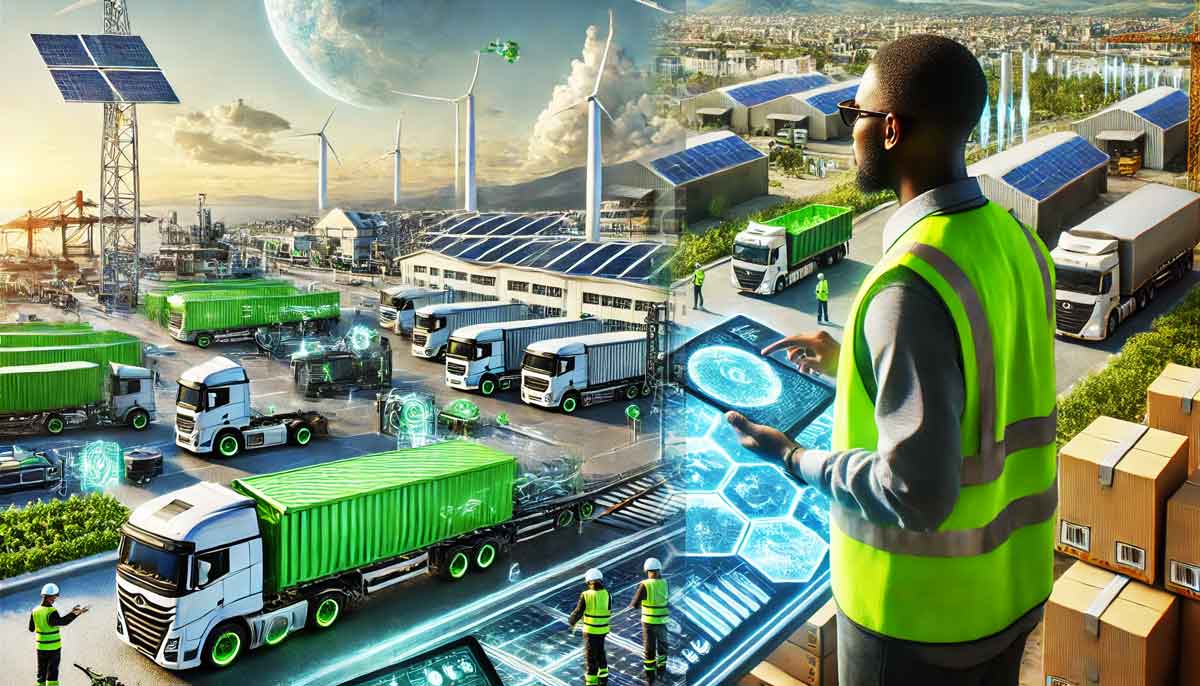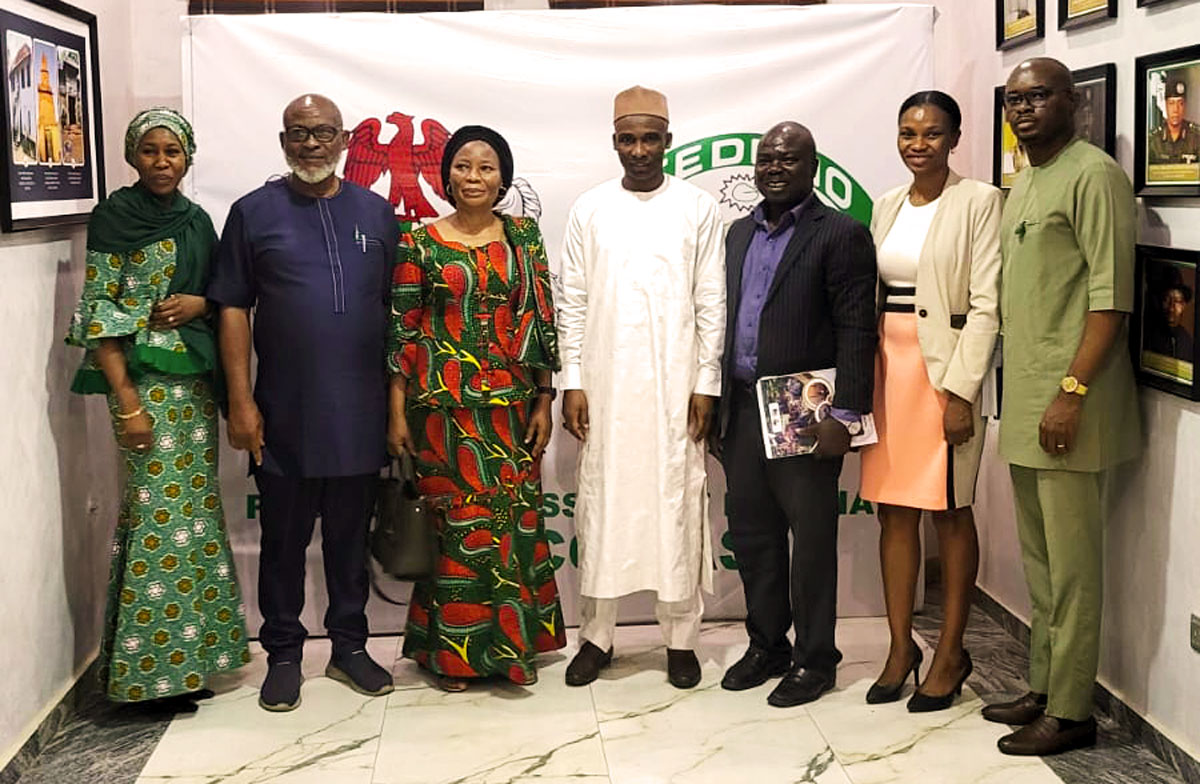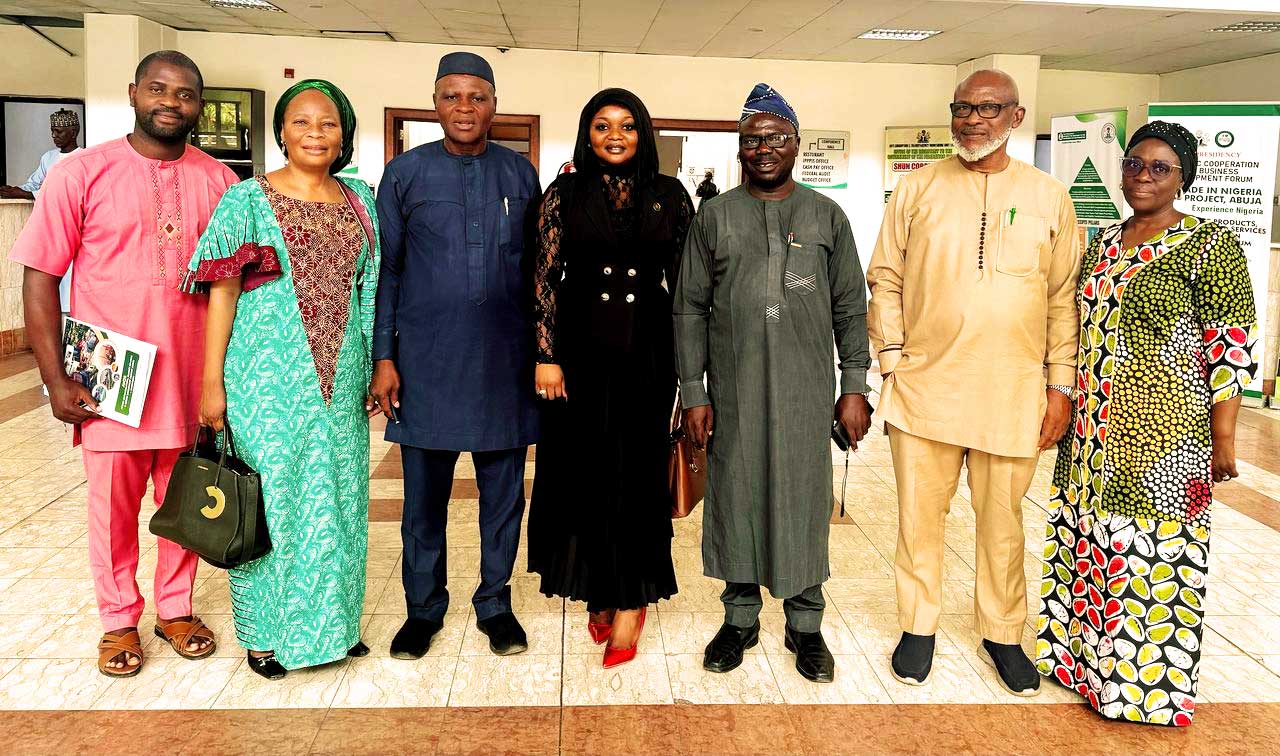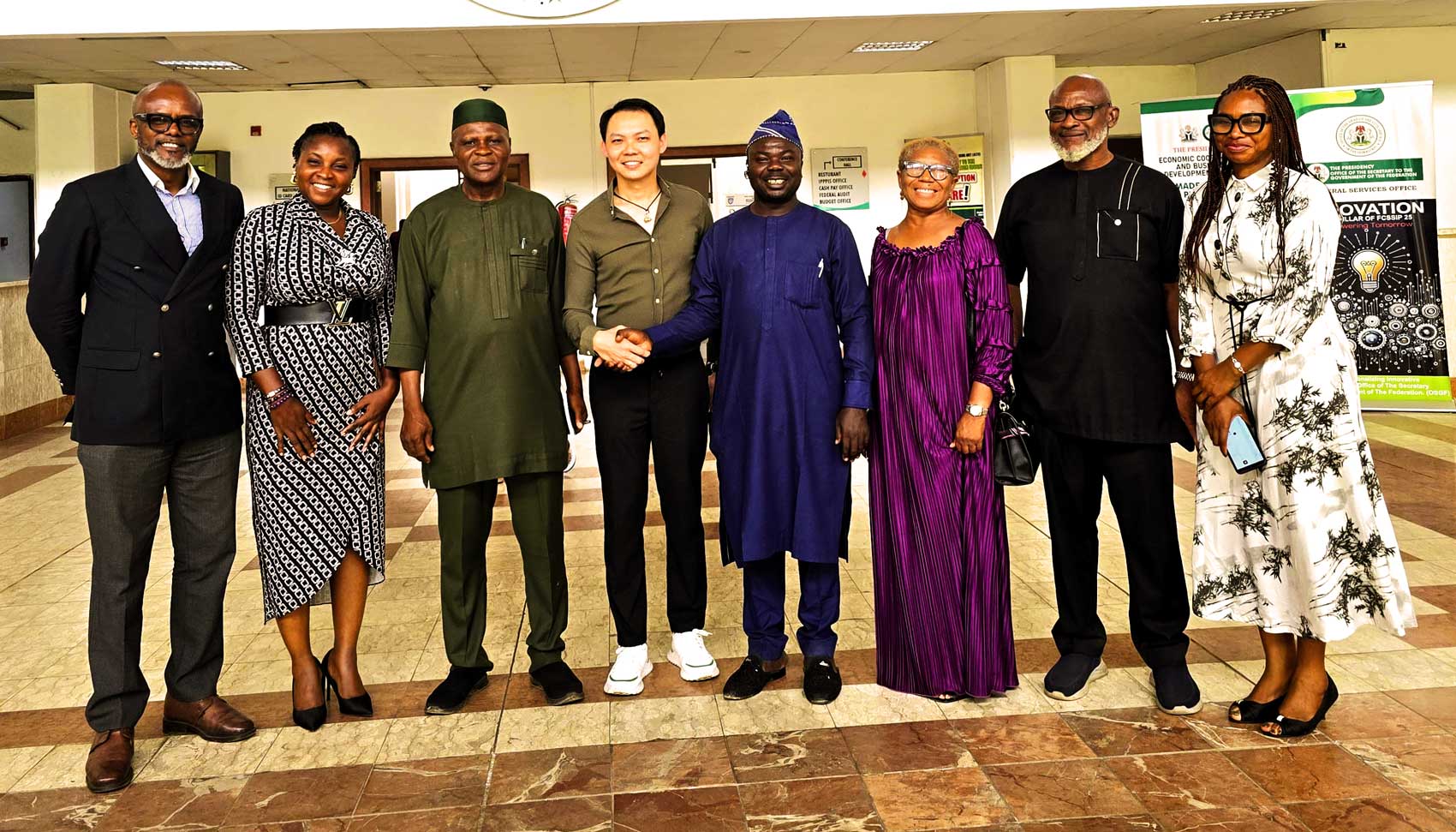In a rapidly globalizing world, Africa’s trade and export potential is vast but often hampered by outdated and unsustainable logistics systems. As the continent strives for economic growth and climate resilience, the integration of green logistics into trade and export strategies emerges as a transformative opportunity. The Africa Multilateral Infrastructure, Climate Change, and Green Investment Summit, AICIS 2025 is set to become a pivotal forum for driving this change. By harnessing sustainable logistics solutions, Africa can not only reduce its carbon footprint but also enhance its competitiveness in global markets.
The Challenge of Traditional Trade Logistics in Africa
Traditional logistics systems in Africa frequently rely on fossil fuels and inefficient transport methods. This reliance leads to several issues:
- High Carbon Emissions: Conventional shipping, road transport, and freight handling are major contributors to greenhouse gas emissions.
- Inefficiency: Outdated infrastructure and lack of modern technology result in delays, higher costs, and increased waste in the supply chain.
- Resource Constraints: The inability to efficiently move goods affects Africa’s export potential, particularly for perishable products like agricultural produce.
- Market Access Barriers: Inefficient logistics hamper regional integration under initiatives such as the African Continental Free Trade Area (AfCFTA), limiting Africa’s ability to participate fully in the global market.
Addressing these challenges requires a radical shift toward green logistics, which emphasizes efficiency, sustainability, and technological innovation.
What is Green Logistics?
Green logistics is an approach to supply chain management that focuses on reducing environmental impacts through the adoption of sustainable practices. This includes:
- Energy-Efficient Transportation: Utilizing electric or hybrid vehicles, optimizing routes with AI-powered systems, and shifting toward rail or maritime transport where feasible.
- Renewable Energy Integration: Powering logistics hubs and warehouses with solar or wind energy to reduce dependency on fossil fuels.
- Digital Transformation: Employing IoT devices, blockchain, and data analytics to create transparent, efficient, and low-carbon supply chains.
- Waste Reduction: Implementing practices that minimize packaging waste, encourage recycling, and promote the reuse of materials throughout the supply chain.
These strategies not only contribute to environmental sustainability but also result in cost savings, improved operational efficiency, and enhanced competitiveness in international trade.
The Role of Green Logistics in Transforming African Trade
Africa is rich in natural resources and diverse products, yet its full export potential remains largely untapped due to logistical inefficiencies. Integrating green logistics into Africa’s trade framework can transform the way goods are produced, moved, and marketed. Key benefits include:
1. Lowering Carbon Footprint and Enhancing Sustainability
By transitioning to energy-efficient transport modes and incorporating renewable energy into logistics hubs, Africa can significantly reduce the carbon emissions associated with trade. This shift not only supports global climate goals but also aligns with the UN’s Climate Change Action on Blue Economy and Green Investment.
2. Improving Operational Efficiency
Digital technologies enable real-time tracking and data-driven optimization of supply chains. These innovations help reduce delays, cut costs, and improve the reliability of delivery systems. Improved operational efficiency means that African products can reach global markets faster and in better condition, boosting export performance.
3. Facilitating Market Access and Regional Integration
Green logistics solutions can bridge infrastructure gaps, enabling smoother trade flows both within Africa and globally. Enhanced logistics networks support the objectives of AfCFTA by creating integrated trade corridors that reduce barriers and streamline movement of goods across borders.
4. Attracting Green Investment
Investors are increasingly focused on sustainability and environmental, social, and governance (ESG) criteria. By modernizing its logistics through green technologies, Africa can attract substantial foreign direct investment and green bonds targeted at sustainable infrastructure. This influx of capital is essential for upgrading trade infrastructure and fostering long-term economic growth.
Innovations Shaping the Future of Green Logistics in Africa
Several emerging technologies and innovative practices are revolutionizing logistics on the continent:
- Electric and Hybrid Transportation: The adoption of electric trucks and hybrid vehicles is reducing emissions while lowering long-term operational costs.
- Smart Freight Management: AI and IoT systems optimize route planning and load management, ensuring efficient use of transportation resources.
- Blockchain for Supply Chain Transparency: Blockchain technology enhances traceability in the supply chain, building trust between producers, logistics providers, and consumers.
- Renewable Energy-Powered Warehousing: Green warehouses equipped with solar panels and energy storage solutions are reducing the environmental impact of storage and distribution.
The Strategic Role of AICIS 2025
The Africa Multilateral Infrastructure, Climate Change, and Green Investment Summit, AICIS 2025 is a critical platform for driving the transformation of Africa’s trade and logistics sectors. The summit will:
- Facilitate High-Level Discussions: Policymakers, investors, and industry experts will share insights and best practices for implementing green logistics.
- Showcase Cutting-Edge Technologies: Exhibitions and tech demonstrations will feature the latest innovations in sustainable transport and digital supply chain management.
- Promote Public-Private Partnerships (PPPs): Collaboration between the public sector and private investors will be encouraged to scale up green logistics initiatives.
- Strengthen Policy Frameworks: The summit will provide a forum to develop regulatory frameworks that support sustainable trade and export partnerships, aligning with the goals of AfCFTA.
The transformation of Africa’s trade and export partnerships through green logistics is not just an environmental imperative but an economic opportunity. By embracing sustainable, technology-driven logistics solutions, Africa can reduce its carbon footprint, improve operational efficiency, and boost its competitive edge in the global market. The Africa Multilateral Infrastructure, Climate Change, and Green Investment Summit, AICIS 2025 is at the forefront of this movement, uniting global and regional stakeholders to catalyze a future of sustainable growth.
Join us at AICIS 2025 to be part of this revolutionary journey, where innovative green logistics paves the way for a more connected, resilient, and prosperous Africa.
#AICIS2025 #GreenLogistics #SustainableTrade #EcoInvestment #AfricaTrade #ClimateAction #DigitalSupplyChain #GreenInvestment #SustainableAfrica #InfrastructureInnovation




